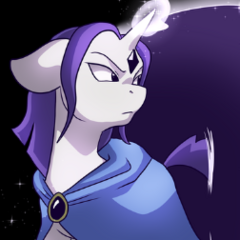In-show stereotypes and cliches: Subvert and fix
-
Similar Content
-
- 0 comments
- 338 views
-
- 21 replies
- 2,531 views
-
- 108 replies
- 6,623 views
-
- 9 replies
- 334 views
-
- 21 replies
- 1,156 views
-
-
Recently Browsing 0 members
- No registered users viewing this page.




.thumb.png.83e037ba7e453fda3377d3d6caa2743d.png)


Recommended Posts
Create an account or sign in to comment
You need to be a member in order to leave a comment
Create an account
Sign up for a new account in our community. It's easy!
Join the herd!Sign in
Already have an account? Sign in here.
Sign In Now